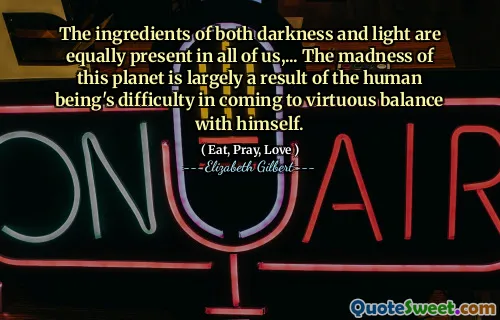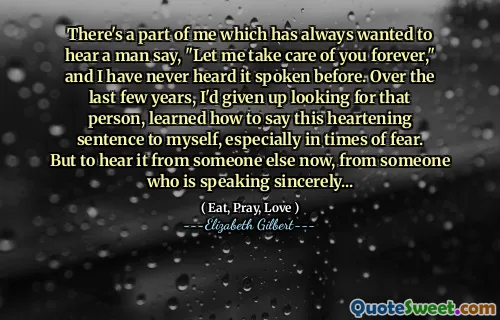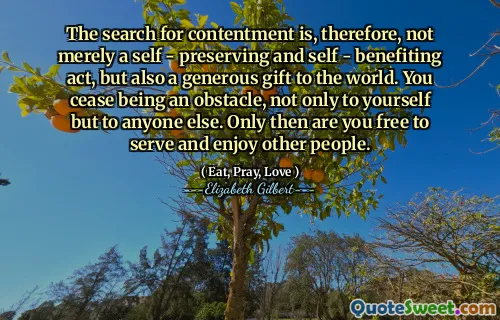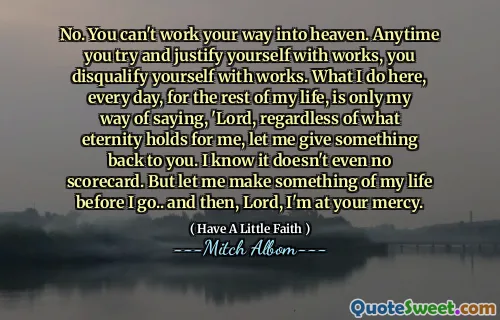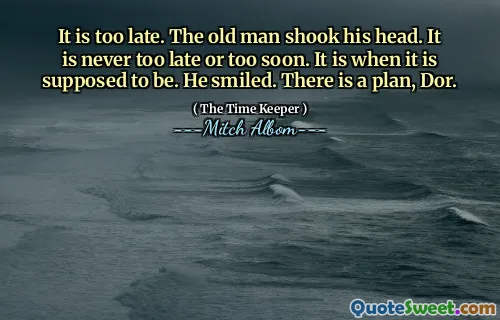
It is strange and also correct that intense emotions make us respond to earth-shattering news contrary to what logic dictates. They are the absolute value of human emotions; sometimes, happy events register on the Richter scale as pure shocks, while terrible sorrows sometimes push us to burst into laughter.
This quote beautifully captures the paradoxical nature of human emotions. It highlights how our reactions are often unpredictable and defy rational explanation. When faced with shocking news, whether joyous or tragic, our responses are heavily influenced by our emotional intensity rather than logical reasoning. The analogy of emotions being measured on a Richter scale underscores their power and variability, illustrating that happiness and sorrow can evoke equally profound physical and psychological responses. It's fascinating to consider that happiness, usually associated with positive feelings, might sometimes produce a sensation similar to a seismic tremor—an overwhelming, uncontrollable burst of excitement or relief. Conversely, grief and despair might, in certain circumstances, trigger laughter or absurd reactions, revealing the complex ways our minds process pain and joy. This duality emphasizes that human emotional experiences are not always linear or predictable. It reminds us of the importance of compassionate understanding when encountering people's reactions during vulnerable moments. Recognizing that such responses are deeply rooted in our innermost emotional states helps foster empathy and patience. Moreover, it invites reflection on how societal norms often pressure individuals to regulate their responses, sometimes suppressing genuine feelings that might be more spontaneous and truthful. Overall, the quote sheds light on the enigmatic nature of human emotion, encouraging us to accept our emotional extremes as authentic expressions of our humanity—complex, irrational, and beautifully unpredictable.
